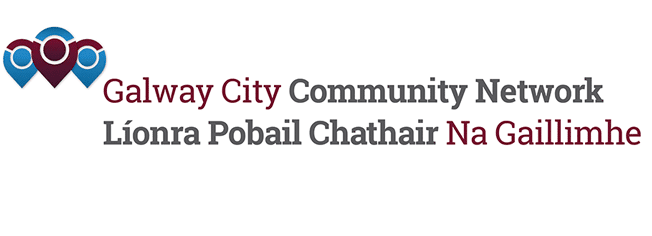The role and criteria of a GCCN Representative
Representing GCCN on policy and decision making structures is an important task.
Criteria for GCCN representatives are required to have:
In order to ensure that representation is informed and based on knowledge of the policy area and on commitment to the values of the PPN, the GCCN representatives are required to have:
- An awareness of general policy in the area you are seeking to represent on;
- A knowledge of the GCCN policies in the area and a commitment to promoting these polices and to policy development where necessary;
- A proven track record in the ability to represent.
The Role of a GCCN Representative
- Represent the agreed policy positions, values and interests of GCCN on the structure to which they are elected,
including relevant sub groups; - Actively promote the policies, positions and values of the PPN, including by seeking the inclusion of items on the
agenda and proposing motions at the meetings; - Regularly attend meetings of the structure to which they are elected and actively participate in discussions;
- Participate actively as a member of the relevant Linkage Group, supporting engagement of GCCN members in the
development of policies and positions to inform GCCN representatives.
For more information about the role of GCCN representatives, see the GCCN Representatives Charter.
Resources for GCCN Representatives
- Draft GCCN Representative Elections 2024 – 2029: Guidelines and Information – Read HERE
- GCCN Representatives Charter – Read HERE
- Reporting Template for GCCN Representatives – Download HERE
Local Community Development Committee (LCDC)
About Local Community Development Committee (LCDC)
The LCDC is a as public-private partnerships of socio-economic interests and comprise representatives of local authorities and other State agencies, local and community interests, civil society and economic and social partners. The role of the Local Community Development Committee (LCDC) is to develop, co-ordinate and implement a coherent and integrated approach to local and community development. LCDCs were established in each local authority area by the Local Government Reform Act, 2014, when they replaced the City & County Development Boards. Its function are:
- To prepare, ensure the implementation of, monitor and review the community element of a 6-year Local Economic and Community Plan;
- To co-ordinate, manage and oversee the implementation of local and community development programmes that have been approved either by the relevant local authority or by agreement between the LCDC and a relevant public authority, including Government Departments, State agencies, etc.

Fiona McDonagh-Delaney
AMACH! LGBT+

James Coyne
Westside Community Resource Centre
Joanne Laffey
SCCUL Enterprises
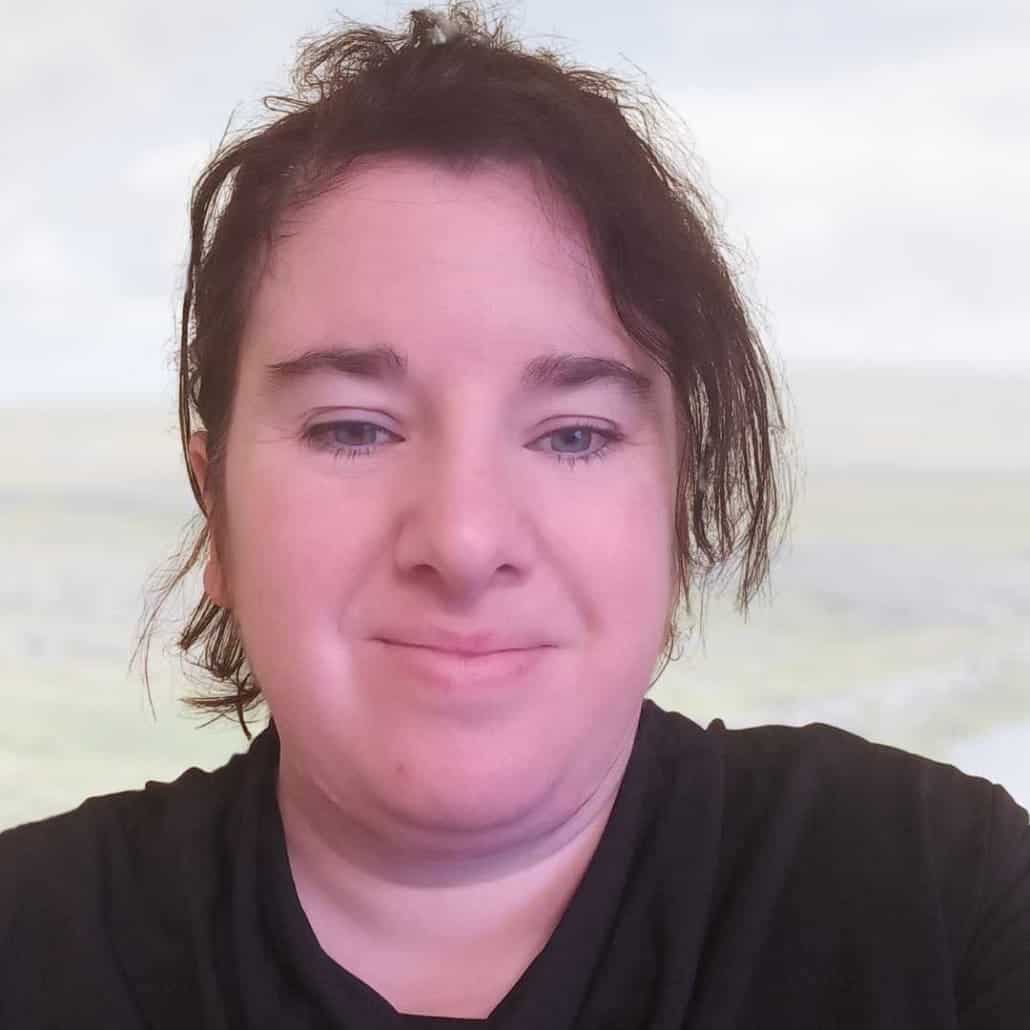
Lorraine Lally
Access for All
Vacancy
Strategic Policy Committees (SPCs)
About Strategic Policy Committees (SPCs)
Strategic Policy Committees (SPCs) play a key role in the development of policy for Galway City Council and facilitate the participation of elected representatives and local sectoral interests, including community representatives, in this process. The aim of the SPCs is to allow people with relevant expertise to work alongside elected representatives, and to contribute to and develop Council policy in a spirit of partnership.
Elected councillors make-up two thirds of SPC membership and the remaining one-third is filled with representatives from local sectoral interests, including the community and voluntary sector. In Galway, SPCs play a key role in the development of policies for Galway City Council. There are five Strategic Policy Committees in Galway City:
- Housing & Accommodation
- Planning
- Economic Development, Enterprise Support and Culture
- Transportation
- Environment, Recreation & Amenity
SPCs were established in all local authorities in 1999, as part of reform of Local Government set out in Better Local Government: A Programme for Change (1990).

Karen Golden
Galway Simon

Marcella Conneely
Clúid Housing Association

Brendan Mulligan
Engineers Ireland West Region

Derrick Hambleton
An Taisce

Dominick Whelan
JCI Galway
Megs Morley
Galway Arts Centre

Paul O’Donnell
An Mheitheal Rothar

Shane Foran
Galway Cycling Campaign

Brendan Smith
Terryland Forest Park Alliance
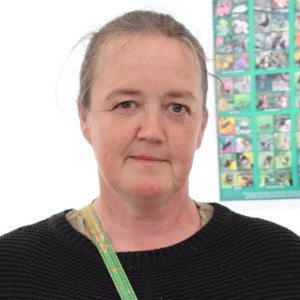
Caroline Stanley
Friends of Merlin Woods

Eleanor Hough
An Taisce
Joint Policing Committee (JPC)
About Joint Policing Committee (JPC)
The purpose of the Joint Policing Committee (JPC) is to provide a forum where Senior Garda officers, Oireachtas members, representatives of Galway City Council and the community and voluntary sector can consult, discuss and make recommendations on matters affecting the policing of Galway. Galway City Community Network elects five representatives to the JPC.
What are the revised Guidelines for the operation of Joint Policing Committees?
Arising from the review process and taking into account the establishment of new local government arrangements, revised guidelines for the operation of JPCs were approved by the Minister in August 2014.
The guidelines are presented in three formats – a summary of the revision made to the previous (2008) guidelines, a consolidated version showing changes from the previous guidelines and a complete version of the revised text. To download a copy of the guidelines please click here.
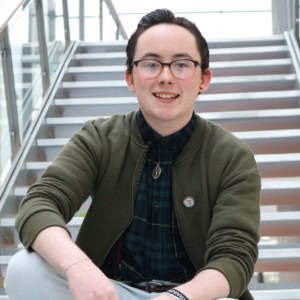
Cameron Keighron
AMACH! LGBT+

John Cleary
Galway Age Friendly Older Persons Council

John Rabbitte
Woodhaven Residents Association

Nichola Tierney
Westside Age Inclusion

Tommy Flaherty
Ballybane Community Resource Centre
Galway Sports Partnership
The Galway City Community Network representatives on the Galway Sports Partnership are:
Galway Sports Partnership
The role of the Galway Sports Partnership is the promotion of participation for all Irish people in sport at a level of their choosing, regardless of their ability, gender or background. Established in 2006, the current Galway Sports Partnership strategic plan has four goals:
- Awareness & Participation – To increase access and participation opportunities in physical activity and sport
- Education & Training – Goal: Support Sports clubs and Recreational groups through locally based training and education
- Facilities & Amenities – To promote a sustainable strategic approach to the development, access and usage of amenity infrastructure in Galway City.
- Effective Partnership – To sustain an effective Galway City Sports Partnership
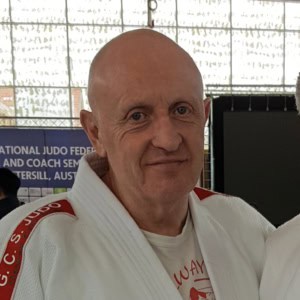
Chris Hickey
Galway City School of Judo
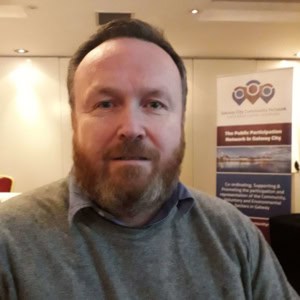
David Kennedy
Access For All
Galway City Partnership (GCP)
About Galway City Partnership (GCP)
Galway City Partnership (GCP) is a local and community development company working in Galway City. Founded in 1996, its mission is to tackle disadvantage and social exclusion, with particular emphasis on those currently, or in danger of becoming long term unemployed, to enhance their capacity to contribute fully to social and economic development.
GCP works strategically with local agencies and groups to ensure the mainstreaming of successful projects while enabling the lessons learned to positively influence policy at all levels.
GCP Target Groups include:
- Long Term Unemployed
- Young people back to Education/Training
- People with Disabilities
- Lone Parents
- Ex Offenders
- Substance Misusers
- The Homeless
- Youth at Risk
- Disadvantaged Women
- Travellers
- Older People
- Underemployed
- Ethnic minorites including Refugees and Asylum Seekers
The Partnership has a board of directors made up of people from the community and statutory sectors, social partners and elected representatives. Community and Voluntary representatives to the GCP Board are nominated by GCCN.
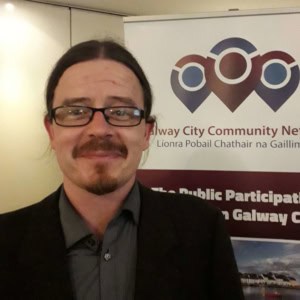
Aidan Harte
Amach! LGBT

Brendan Mulligan
Engineers Ireland West Region
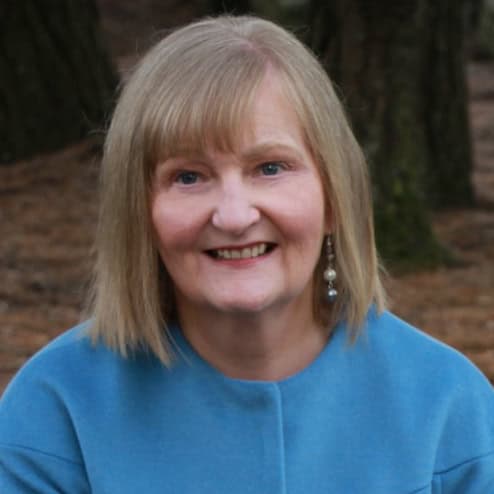
Marian Maloney
Access for All

Martin O’Connor
COPE

Tommy Flaherty
Ballybane Community Resource Centre
Joanna Corcoran
Galway Traveller Movement
Western Regional Drugs Task & Alcohol Taskforce
About Western Regional Drugs & Alcohol Task Force
The Western Regional Drugs & Alcohol Task Force is a co-ordinating body established to research, develop and implement, using a partnership approach, a coordinated, regionally appropriate response to substance misuse. It was established in May 2003 as one of the key recommendations of the National Drugs Strategy 2001-2008.
The aim for the Task Force is to significantly reduce the harm caused to individuals and society by the misuse of drugs through a concerted focus on Supply Reduction, Prevention, Treatment, Rehabilitation and Research.
The objectives of the WRDATF are to develop an integrated and well managed response to drug and alcohol problems, propose a range of solutions and service interventions based on the five pillars of the National Drugs Strategy and ensure that all responses are monitored and evaluated according to best practice and value for money principles.
The Galway City Community Network representative on the Western Regional Drugs & Alcohol Task Force is Tommy Flaherty.
WRDATF Reports
https://www.galwaycitycommunitynetwork.ie/category/wrtdf-reports/

Tommy Flaherty
Ballybane Community Resource Centre
Civic Engagement Committee – NUI Galway
About Civic Engagement Committee, College of Medicine, NUI Galway
Civic Engagement Committee, College of Medicine, Nursing and Health Sciences, NUI Galway
The function of this committee is to champion, communicate and collaborate on civic engagement. Civic Engagement describes partnerships and collaborations between the College and community, including activities such as community based learning, community engaged research, volunteering and broadening access to University education from under-represented groups.

James Coyne
Westside Community Resource Centre
Galway Childcare Committee
About Galway Childcare Committee
The Galway Childcare Committee was established in 2000. The key aim of the Galway Childcare Committee is to coordinate the implementation of National Childcare Policy and Programmes at local level on behalf of the Department of Children and Youth Affairs.
Mission Statement
To assist childcare providers to develop appropriate childcare services which respond to and cater for the needs of local parents and their children and meet the objectives of National Childcare Policy; and to continue to support and work with childcare providers, parents and other key stakeholders at local level.
Ethos
Galway Childcare Committee’s management ethos is based on a partnership approach to ensure effective coordination and collaboration at all levels. In planning and implementing strategies and actions the Company’s ethos is based on principles of equality of access and participation, inclusion, valuing diversity and targeting resources towards levelling advantage.
Membership
The Company is made up of members representing statutory and voluntary groups with an interest in childcare, partnership boards, childcare providers and parents. These include:
– Statutory Sector: Tusla, Local Authorities, GRETB
– Partnership Boards: Galway City Partnership, Galway Rural Development Company
– Social Partners: Farming Organisations, PPN Galway City, PPN Galway County, Western Travellers Intercultural & Development Association, Sccul Enterprises
– Childcare Sector: National Voluntary Childcare Organisations: Early Childhood Ireland, Comhar Naíonraí na Gaeltachta.
– Childcare Providers
– Parents
– GCC Staff Representative
Staff
Galway Childcare Committee employs 10 staff members, including a Manager, Administrator, Clerical Support Worker, as well as 6 Development Officers.
Vacancy
Comhairle na nÓg
Comhairle na nÓg
Comhairle na nÓg are child and youth councils in the 31 local authorities of the country, which give children and young people the opportunity to be involved in the development of local services and policies. In light of the fact that Comhairle na nÓg is for young people under the age of 18 and who therefore have no other voting mechanism to have their voice heard, Comhairle na nÓg is designed to enable young people to have a voice on the services, policies and issues that affect them in their local area.
